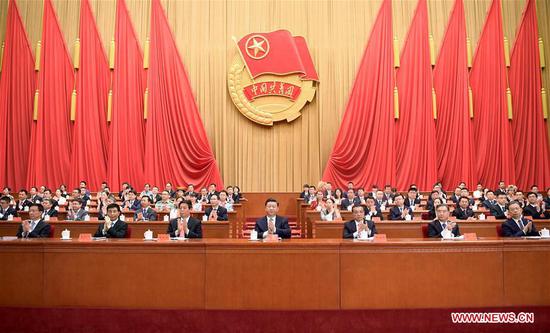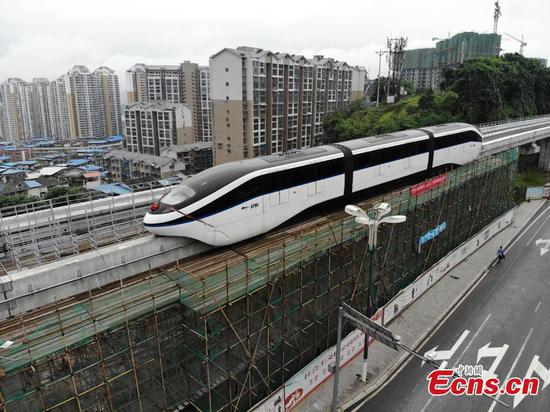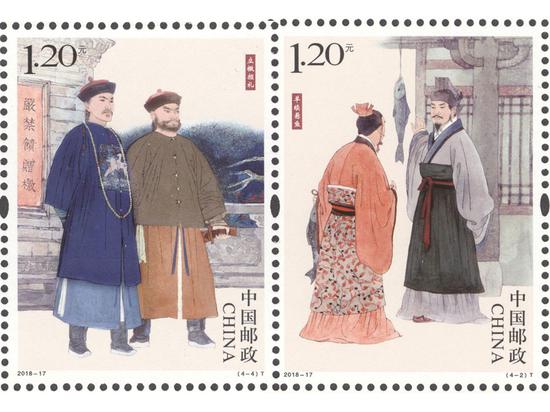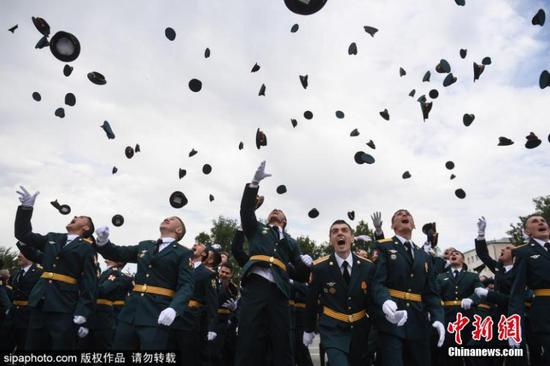A report, published by Chinese think tanks, praised the Shanghai Cooperation Organization (SCO) as a model for cooperation among countries with different political systems.
The report on the SCO's development in the 17 years since its inception was released by the Chongyang Institute for Financial Studies at Renmin University of China and the Institute for Central Asian Studies of Lanzhou University.
"Cooperation among the SCO member states, which have implemented quite different political systems, faces more difficulties and requires more efforts than countries with similar political systems," said the report.
Despite differences in political systems, the SCO member states have achieved mutually beneficial and win-win cooperation through effective negotiation and coordination, it said.
The SCO sets an example for other countries to go beyond differences in social systems, ideology, development models and civilization, and carries out extensive cooperation in politics, economy and security, among others, the report noted.
The SCO was established in Shanghai in 2001, with China, Russia, Kazakhstan, Kyrgyzstan, Tajikistan and Uzbekistan as founding members. India and Pakistan joined the SCO during the Astana summit in 2017.
Since its inception, the SCO has become a comprehensive regional organization with vast influence. With the inclusion of India and Pakistan, the eight SCO member states now account for more than 60 percent of the Eurasian landmass, nearly half of the world's population and over 20 percent of global GDP.
"The SCO's sustainable development is an opportunity for member states, rather than a challenge, and a blessing for the international community, rather than a threat," said the report.


















































